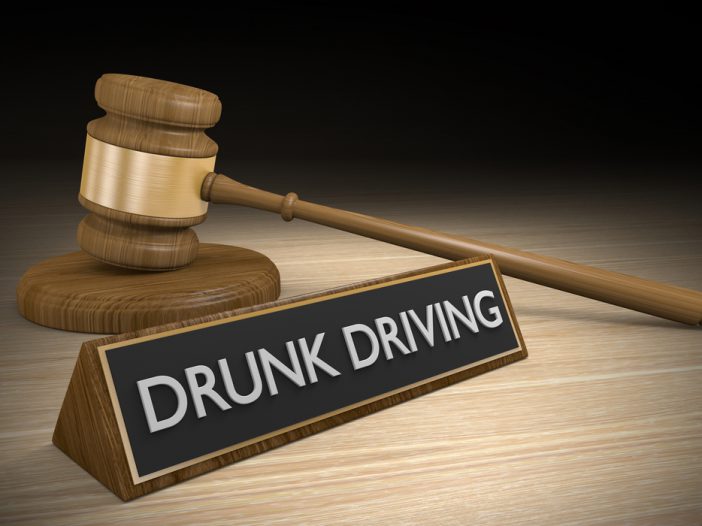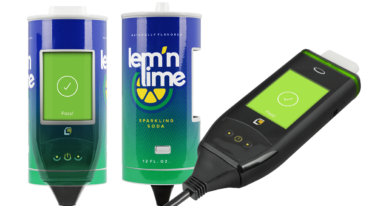
Recent Changes to Texas Drinking and Driving Laws
Driving while intoxicated brings with it dangerous implications. And it’s not just for the person behind the wheel. Their passengers, the other drivers on the road, and ordinary pedestrians going about their day all have their lives at risk when someone decides to drink and drive. Drinking impairs vision, reaction time, and impulsivity—three things you’d hope the person behind a steering wheel would have total control over.
Drunk driving in Texas is a prevalent problem, resulting in increased DWIs. With someone killed or hurt in a car accident every 20 minutes due to an alcohol-related incident, people want a change. But what can one do to prevent this? Over the years, Texas drinking and driving laws have increased their penalties and fines, hoping that the consequences will stop people from driving while above the legal limit. It hasn’t.
Now, after support from law enforcement, lawmakers, and Mothers Against Drunk Driving (MADD), a bill is going into effect that they believe could change the way Texas handles drinking and driving as well as strengthen Texas DWI laws.
Bill SB-106: New DWI Law
As of September 1st of this year, Bill SB-106 will be in effect which changes the way a person’s first two DWI charges are considered. In overview, it involves a deferred adjudication period for first-time offenders where they are to install an ignition interlock device into their car as a safety precaution. As for the second offense, despite going through a deferred adjudication period that is wiped from the driver’s permanent record, the DWI penalties and fines are harsher.
First-Time Offender: Digging into the Details
The most significant development of this bill is with first-time offenders who receive a DWI in Texas. Some believe this new law is a way to offer those who made an error in judgment to get the help and treatment they need, while still being closely monitored. Instead of punishing them with fines and up to 180 days in jail, the driver will install an ignition interlock device, otherwise known as a car breathalyzer. The hope is, the habit of asking themselves, ‘Am I okay to drive?’ or ‘Did I drink too much to drive’ becomes the norm.
It should be noted, this law doesn’t apply to all people with a first-time offense.
- The driver must have a blood alcohol content lower than 0.15
- They must not have caused a fatal accident or have been charged with an enhanced DWI
- No minors can be in their vehicle at the time of the arrest
- They cannot be a commercial driver’s license (CDL) holder
As they will be charged with deferred adjudication, the offender will need to undergo specialized community supervision. This involves:
- Attending a drug and alcohol treatment program
- Installing an ignition interlock device into their vehicle
Once the probation period is over, typically 6 to 12 months, the DWI charge will not be filed under the offender’s permanent record.
Ignition Interlock Device: What is it and How Can it Help?
Under this new Texas drunk driving law, there will be more ignition interlock devices (IIDs) on the road. These are devices installed directly into the motor vehicle with a breathalyzer attached by the driver’s seat that must be blown into to start the car. If the breath test reads a 0.08 BAC or above, the IID will lock the car’s engine, and the vehicle will not start.
An IID ensures the safety of the driver in the short-term and long-term, by:
- Identifying that the driver is at a safe BAC to drive
- Building the habit of checking their blood alcohol content before getting behind the wheel
Using IID as a Preventative Measure
Installing an IID as a requirement means that somewhere along the road, you erred. If you believe yourself or a loved one to be in danger of driving while intoxicated, you can install an IID as a low-cost preventative measure. This takes the worry of whether or not your blood alcohol content is legal out of the equation.
- Low Cost Interlock IIDs take five minutes to process (that’s twenty-five minutes faster than the average ignition interlock)
- They are free to set up and ship and can be installed in your motor vehicle for free as well
- Plus, they are sanitary and easy to use
Parents Using IIDs
If your teen is getting to the age of much-needed independence, having an IID installed in their car is a great way to prevent underage DWIs and make sure they don’t lose their driving privileges. Because DWI penalties can be extremely detrimental to deal with, parents should consider talking with their teens about IIDs.
Sealing the Record Under SB-106
As mentioned earlier, the second time charges for DWIs are increased under this bill, regardless of whether the deferred adjudication period was completed. The reason is that bill SB-106 does not allow first-time offenders to seal their records. Which means, employers, insurers, and the court will still see a deferred adjudication on the record.
New Texas Drunk Driving Law
Drinking and driving is a serious matter. And in the state of Texas, where increased penalties and fees haven’t stopped the incredibly high rate of drinking-related accidents, something needed to be done. As of September, Texas drinking and driving laws will change under SB 106, giving first-time offenders a chance to seek out help and change their ways, before something fatal occurs.
Whether this bill proves successful in reducing drunk and impaired driving in Texas or not, time will tell.
Sources:
https://www.txdot.gov/driver/sober-safe/intoxication.html


